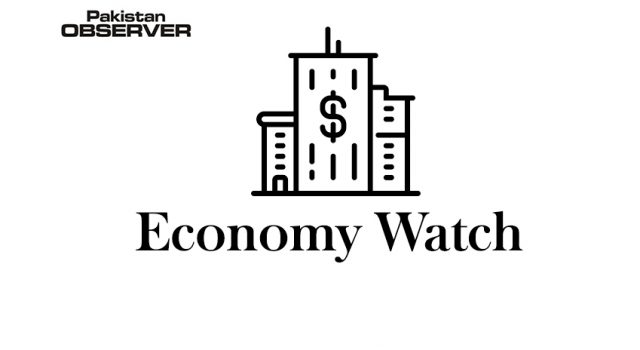Observer Report
Islamabad
Small and medium-sized enterprises (SMEs) play a crucial role in the development of economies across the world. These economic backbones create job opportunities, develops communities, and offers creativity and innovation which help a country and an economy sustainably develop. The numbers tell it all. Globally, SMEs creates 50 percent employment opportunities and represent 90% of businesses. In Pakistan, there are around 3.6 million SMEs accounting to 90% of private business entities, and 80% of non-agriculture employment, contributing to 40% GDP in the country. While SMEs are responsible for productivity enhancements and poverty alleviation, the fate and future of SME depend on the initiatives launched for them.
It would be shocking to learn that the last policy for SME was given thirteen years back in 2007 by the government. It clearly shows the lack of interest in this sector which leads to financial constraints. If SME strives to grow with their own capabilities, it is not easy as this sector remains deprived to access credit due to unavailability of tailored financial solutions from banks, adequate collateral and poor cash flow management. Moreover, SMEs have to face certain barriers when it comes to risk management calculations.
SMEs face multiple challenges when determining how much risk an entity has. As most of the SMEs are operating outside governmental regulation framework, it’s arduous for financial institutions to evaluate the risks, resulting in a number of barriers which include high lending rates, collateral guarantees, and complicated procedures for acquiring loans and other services from leading banks. SMEs looking to secure credit from financial institutions is not fulfilling either due to onerous credit assessment requirements of banks. These circumstances force SMEs and startups to opt for informal financial sources to feed their financing needs.
During this time, when other countries are witnessing a boom of innovation in the blockchain, AI, AR and IoT due to SMEs and startups, Pakistani companies are striving with traditional funding methods based on collaterals. According to a report of Asian Development Bank, only 6% of SMEs in Pakistan are currently availing loans from banks even though around 40% of them have a banking relationship.
Innovators across the world are urging Fintech companies to focus on providing the latest services to SMEs, including digital payments, peer-to-peer lending, and specifically to expanding credit scoring.
Credit scoring offers a significant cost advantage for evaluating the risks associated with lending. If this system becomes commonplace, banks will be able to securitize small businesses; loans will be significantly enhanced. Through this technique, one can expect more cost savings, better risk assessment for small businesses. Developing scoring systems for SMEs is not primarily about automation but rather about helping them to streamline credit processes so that they can work more efficiently.
It is high time to invest in developing such systems, as the benefits can be significant. Once developed, banks should be progressively using credit scoring method while going beyond the conventional methods of credit risk assessment. In Pakistan Karandaaz, is funding ideas that use technology to bring financial services for the SMEs contributing to country’s economy and creatinga social impact. In this regards the company has also collaborated with certain banks to promote innovative credit scoring models for businesses.










